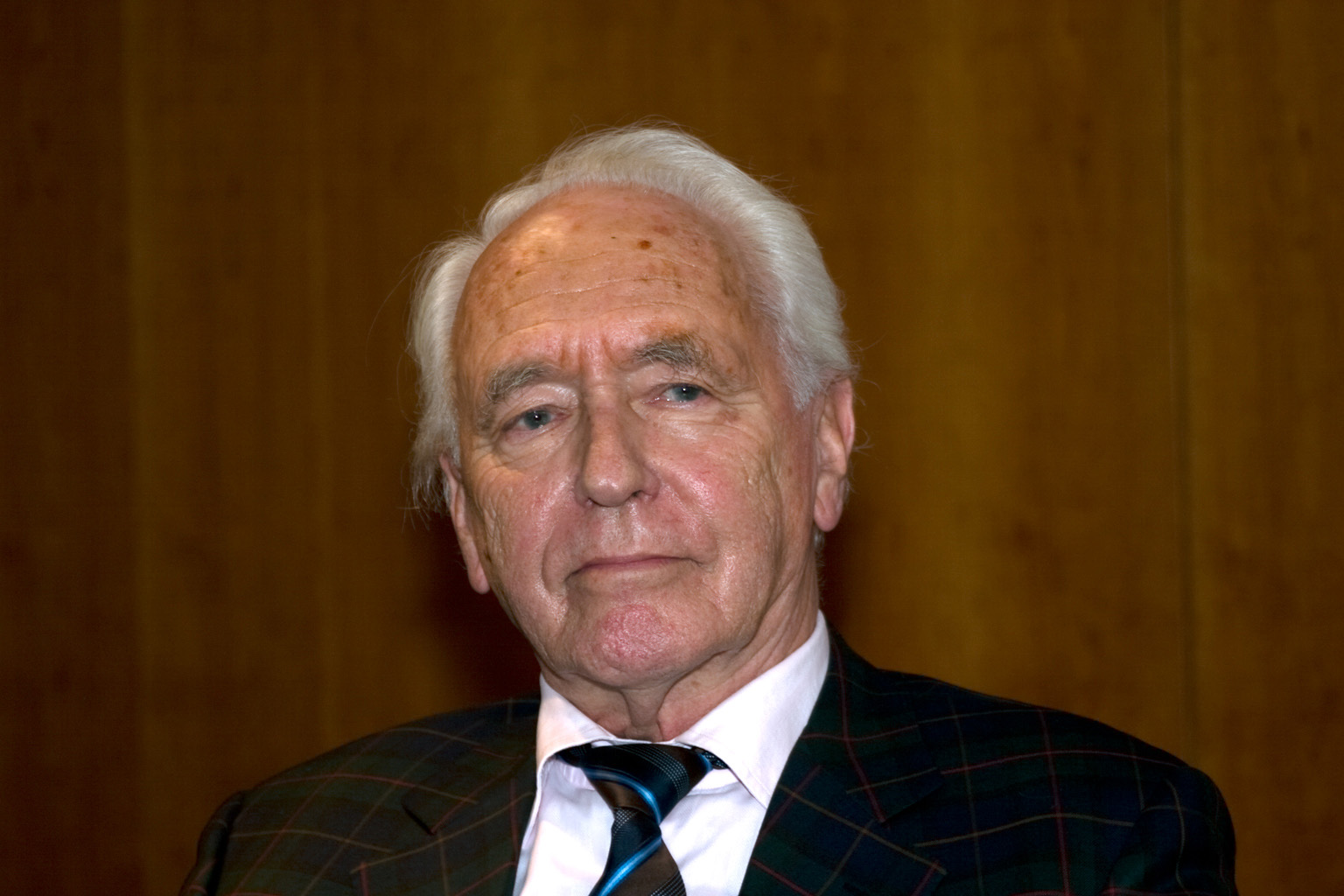LNB autoritātes
AleppID: LNC10-000104706
ViafURL: http://viaf.org/viaf/56648
DomID: 5223 Go to Dom link Go to Dom xml data
IsniID: 0000000108611015
|
|
<ill-get-doc>
<record xmlns="http://www.loc.gov/MARC21/slim/" xmlns:xsi="http://www.w3.org/2001/XMLSchema-instance" xsi:schemaLocation="http://www.loc.gov/MARC21/slim http://www.loc.gov/standards/marcxml/schema/MARC21slim.xsd">
<leader>^^^^^nz^^a^^^^^^^n^^4500</leader>
<controlfield tag="001">LNC10-000104706</controlfield>
<controlfield tag="005">20071210164430.0</controlfield>
<controlfield tag="008">071210nn|adnnnaabn||||||||||^a|aaa||||^^</controlfield>
<datafield tag="024" ind1="7" ind2=" ">
<subfield code="a">0000000108611015</subfield>
<subfield code="2">isni</subfield>
</datafield>
<datafield tag="035" ind1=" " ind2=" ">
<subfield code="a">(VIAF)56648</subfield>
</datafield>
<datafield tag="040" ind1=" " ind2=" ">
<subfield code="a">NLL</subfield>
</datafield>
<datafield tag="100" ind1="1" ind2=" ">
<subfield code="a">Schneider, Wolf,</subfield>
<subfield code="d">1925-</subfield>
</datafield>
<datafield tag="670" ind1=" " ind2=" ">
<subfield code="a">Handbuch des Journalismus, 1998:</subfield>
<subfield code="b">(Wolf Schneider)</subfield>
</datafield>
<datafield tag="670" ind1=" " ind2=" ">
<subfield code="a">Kongresa bibliotēkas autorit. ierakstu datne</subfield>
</datafield>
<datafield tag="856" ind1="4" ind2="0">
<subfield code="u">http://viaf.org/viaf/56648</subfield>
<subfield code="y">VIAF ID</subfield>
</datafield>
<datafield tag="915" ind1="0" ind2="3">
<subfield code="a">20071210.03INGUNAM</subfield>
</datafield>
</record>
<session-id>7J7G4Y3N8FLR2TN85YSN9PVRKX1NDNA519YGB6G3V7JBRFU974</session-id>
</ill-get-doc>
Wolf_Schneider

- Wolf Dietrich Schneider (7 May 1925 – 11 November 2022) was a German journalist, author, and language critic. After World War II, he learned journalism on the job with Die Neue Zeitung, a newspaper published by the US military government. He later worked as a correspondent in Washington for the Süddeutsche Zeitung, then as editor-in-chief and from 1969 manager of the publishing house of Stern. He moved to the Springer Press in 1971. From 1979 to 1995, he was the first director of a school for journalists in Hamburg, shaping generations of journalists. He wrote many publications about the German language, becoming an authority. He promoted a concise style, and opposed anglicisms and the German orthography reform.
- Schneider was born on 7 May 1925 in Erfurt[2] and grew up in Berlin.[3] Having passed his Abitur, he served with the Luftwaffe until the end of the Second World War. His post-war career began as a translator for the US Army, and in 1947 he joined the Munich-based Neue Zeitung, a newspaper run by the US military government.[4] It was here that he received journalistic training and later worked as an editor. In the early 1950s Schneider was a correspondent for the news agency AP; in later years he was in charge of the news team and correspondent in Washington for the Süddeutsche Zeitung.[5]
- In 1966, Schneider joined Stern magazine, where he worked as editor-in-chief, and from 1969 as manager of the publishing house.[5] German media tycoon Axel Springer hired Schneider in 1971 to design the news magazine Dialog, aimed at challenging Der Spiegel's dominant position in the German market.[6] The project ended in failure,[6] however, and Schneider was appointed editor-in-chief of Springer's conservative daily Die Welt, based in Hamburg.[4] Springer dismissed Schneider after only one year.[7]
- Schneider remained at Springer as editor-in-chief without portfolio. In 1979, he was appointed the inaugural director of the newly founded Hamburger Journalistenschule, which later became known as Henri-Nannen-Schule.[4] He was to hold this position until 1995.[8] He taught hundreds of students,[9] many of whom are now in prominent positions. He also became widely known during this time as the godfather of concise German prose.[10][11]
- In the 1980s and early 1990s, Schneider also presented the NDR Talk Show [de].[4]
- Schneider was married and a father of three children.[12][13][14][15] He lived in Starnberg, where he died on 11 November 2022 at the age of 97.[4][11][16]
- From 1995, Schneider was a vigorous lecturer on the German language, and gave seminars for press officers and young journalists.[17] He was a prolific writer and produced 28 best-selling nonfiction books,[18] among them staple works on proper German style (e.g. "German for life. What school forgot to teach").[19] His last works were "Speak German", a defence of the German language in the face of anglicisms,[20] and Man: a Career, which tells the story of mankind's rise to mastery of the earth, and plots our uncertain future.[21]
- Schneider's ideal was a concise written style, avoiding the typically-German pitfalls of rambling sentences, separated verbs, and complex constructions. Schneider was a critic of the German orthography reform[4] and founded with others the pressure group Aktion Lebendiges Deutsch [de] (Living German).[22] Schneider opposed gender neutrality in the German language.[23]
- Schneider received several prizes,[24] including the Henri Nannen Prize for his life's work,[3][25][26] and the media prize for language culture (Medienpreis für Sprachkultur) of the Gesellschaft für deutsche Sprache.[3] He held a chair as honorary professor at the University of Salzburg.[27]